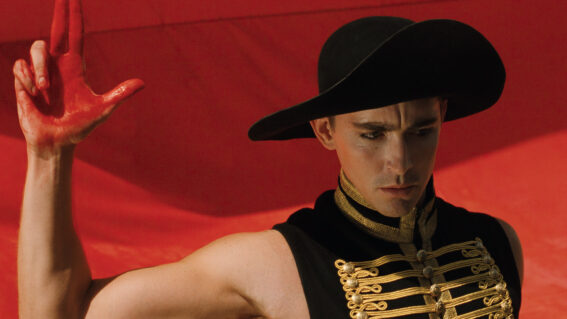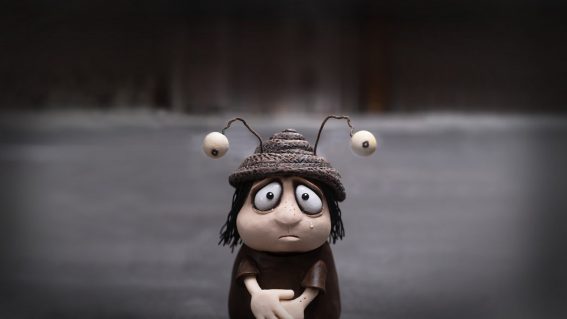Why The Legend of Vox Machina stands apart from other swords-and-sorcery fantasies
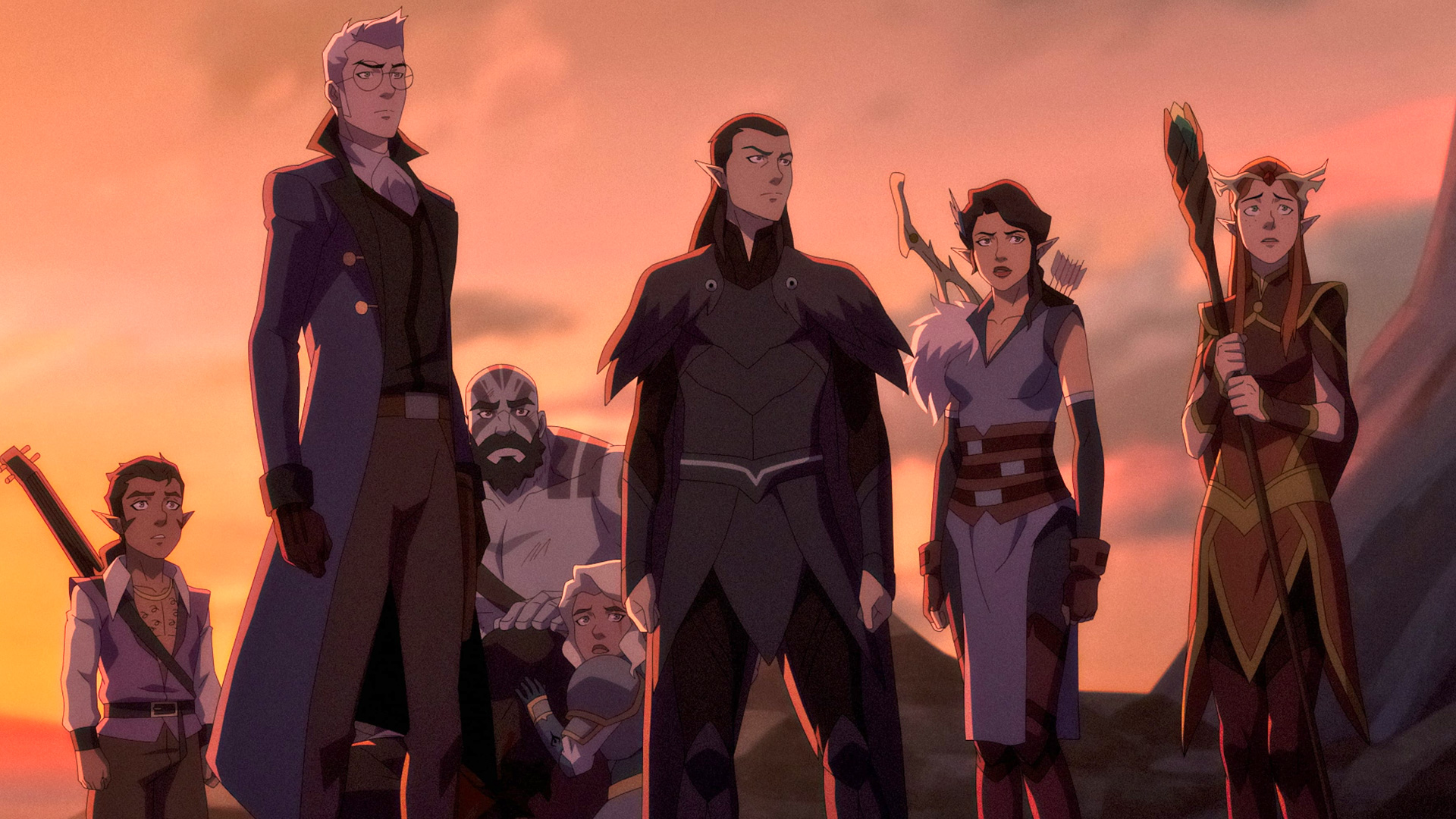
Amazon Original fantasy series The Legend of Vox Machina returns for a new season. With the swords-and-sorcery genre enjoying a resurgence on screen, Liam Maguren writes how this gleefully violent and foul-mouthed show stands out among its peers.
Like a majestic beast bursting out of dormant ash, the swords-and-sorcery fantasy genre has reemerged in a blaze of expensive glory. Every major streaming platform has a flying horse in the race; last year alone saw House of the Dragon contend with The Lord of the Rings: Rings of Power and Disney’s Willow series. Before that, Netflix racked in viewership with two successful seasons of The Witcher (let’s not dwell on its spinoff Blood Origin).
Typical of a revived fad, these heavy-hitting shows all fed off properties loaded with so much nostalgia and recognition that naming any book or film or show or game that came before feels needless. I trust you, dear reader, are fully aware these shows were adapted from highly-regarded fantasy IPs. The people who dropped dump trucks of money into them trusted you did, too.
That’s a big part of why Prime Video’s The Legend of Vox Machina stands out—it’s not based on a beloved property. At least, not in the traditional sense.
The Vox Machina clan aren’t the kind you’d typically follow on a fantastical quest. They’re not blessed royalty, stoic heroes, humble everyday folk, or The Chosen Ones. They’re a bunch of petty, promiscuous, potty-mouthed, self-proclaimed assholes who can barely get their shit together to achieve a basic freelance job—let alone save the kingdom.
They do abide by a standard Dungeons & Dragons setup, however, by assigning the characters a broad and balanced range of attributes. Grog, the easiest to define, is a big dumb brute with a heart of gold while Scanlan, arguably the second easiest, is a small sex machine with a magic lute. Half-elf twins, Vax the rogue and Vex the archer, and full human man, tortured gun mechanic Percy, are the closest Vox Machina gets to having mature heroes. Rounding out the crew are Pike, a healer with faith-based struggles, and Keyleth, a powerful druid with self-confidence issues.
Having characters with such simple traits may sound like a limitation, but it’s faithful to the source material: the first campaign of megahit D&D show Critical Role. Created by and starring a group of nerdy voice-acting veterans (who also voice the characters in the show), the podcast/YouTube/Twitch channel was at the forefront of the current live-streaming tabletop boom.
Armed with a legion of fans, greenlighting a TV adaptation of their dice-rolling adventures (clocking in at 373 hours of gameplay spread over 115 episodes) seemed like a no-brainer. Sure enough, after a juggernaut Kickstarter campaign for an animated special, The Legend of Vox Machina is now an Amazon Original series animated by super-studio Titmouse with two seasons currently under its belt.
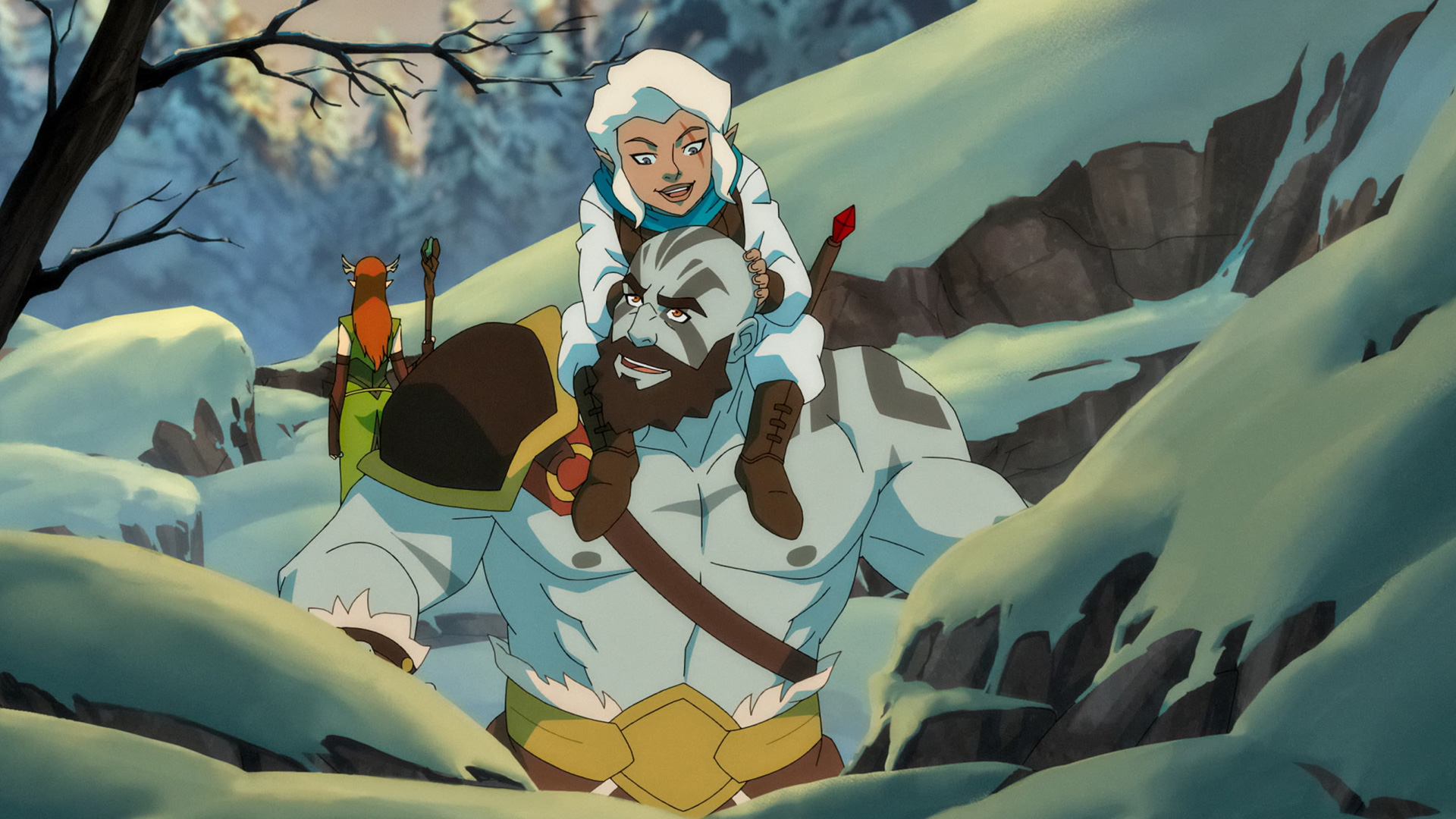
At this stage, you may get the impression The Legend of Vox Machina is just a violent raunchy joke machine coated with a thin paint of fantasy. However, the show’s true strength lies in its ability to have all the naughty words and gleeful gore and jiggly nudity inside an earnestly-realised world with proper stakes and characters who genuinely care for each other.
Death and grief aren’t taken lightly with our heroic assholes giving each other counsel and emotional comfort when things get heavy. Amongst the free-flowing f-bombs are quieter character moments that give you a greater sense of the various relationships within the crew. It all adds up when they contend with a world-ending threat (the second season kicks off with a doom-filled doozy), keeping the viewers unsure if they’ll all make it out alive or if they’re even up to the task. It’s an effective magic trick—a story and characters with real beating hearts hiding behind a cloak of dick jokes.
Not that dick jokes make up the ‘raunchy’ part of the series. While it ain’t the first fantasy series to put the D—or double Ds—in D&D, there’s an infectious positivity and fluidity to the show’s portrayal of sex and sexuality which feels downright lively compared to more contentious depictions in shows like Game of Thrones. You get the sense that anyone bangs anyone in the world of Vox Machina, removing the limits of heterosexuality to everyone’s sexy benefit.
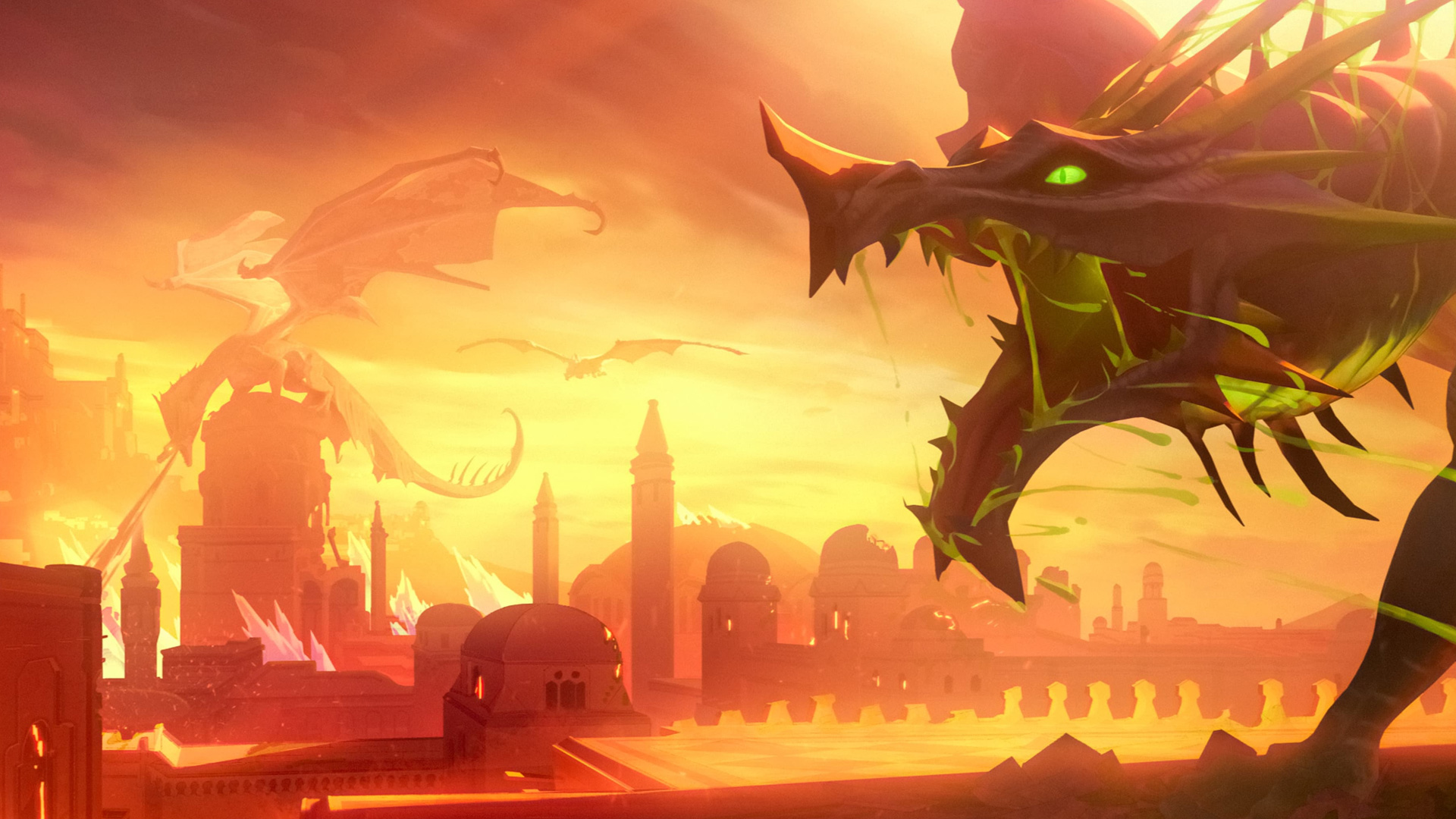
It’s one of the many modern touches that makes this show stand out in the sword-and-sorcery crowd. With episodes clocking in at under half an hour, it also manages to deliver an epic adventure without epic runtimes.
But perhaps most significantly, The Legend of Vox Machina comes from source material that feels like a true contemporary in fantasy fiction. We’re not talking about a tome-sized novel from the likes of George RR Martin and JRR Tolkien. We’re not talking about reheating cinema nostalgia for Ron Howard’s cult classic or Peter Jackson’s landmark trilogy. We’re talking about an adaptation of an adored live-streaming tabletop show, sculpted into a rollicking fantasy adventure series and starring the people who made it happen.
In a way not seen by its peers, The Legend of Vox Machina captures one of the biggest appeals of Dungeons & Dragons: embarking on an epic quest of your own imagining while talking trash with your best friends. Hopefully, we’ll be treated to more of it with upcoming cinema release Dungeons & Dragons: Honor Among Thieves.





